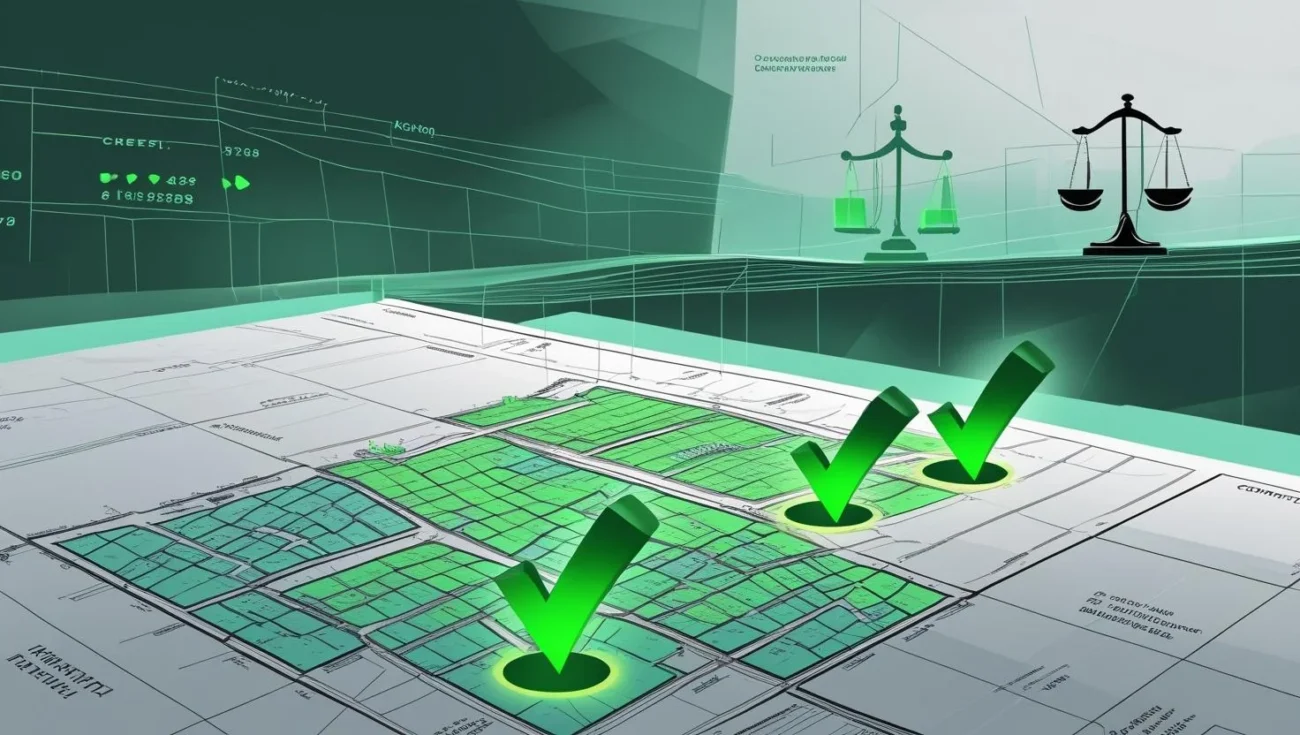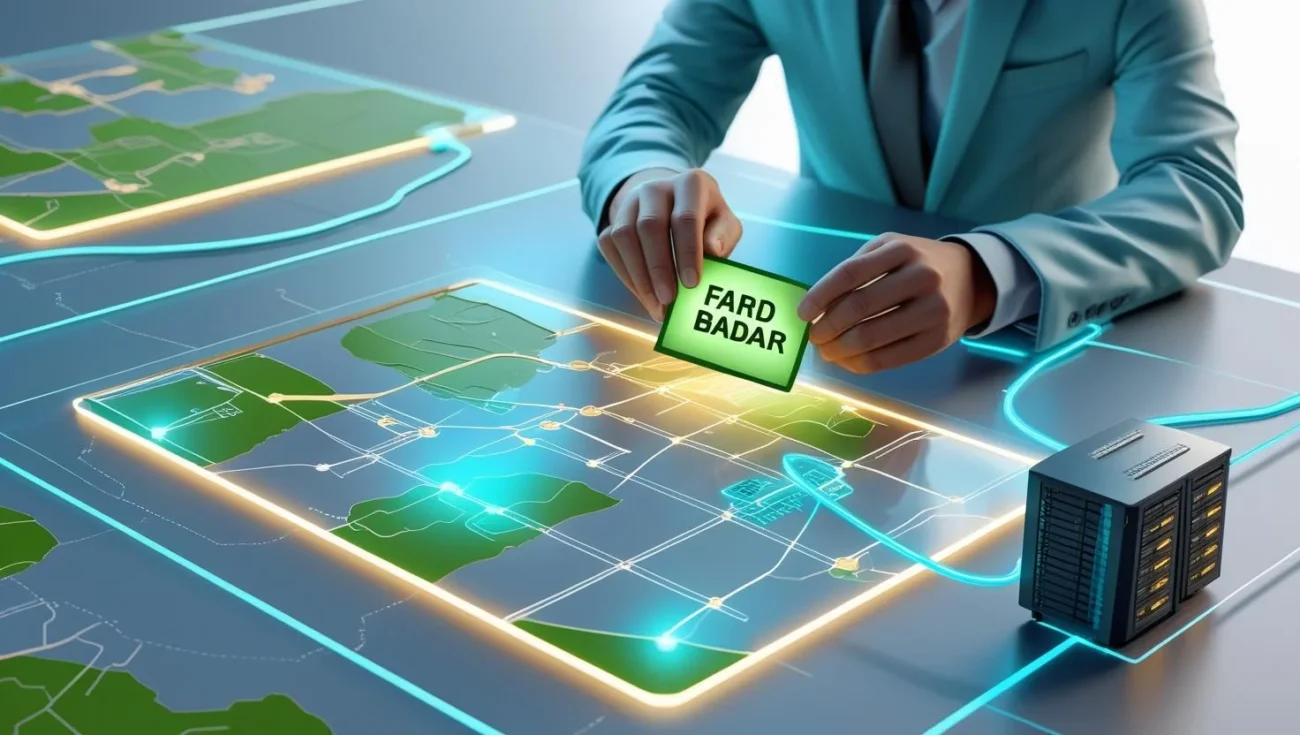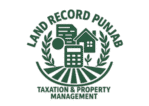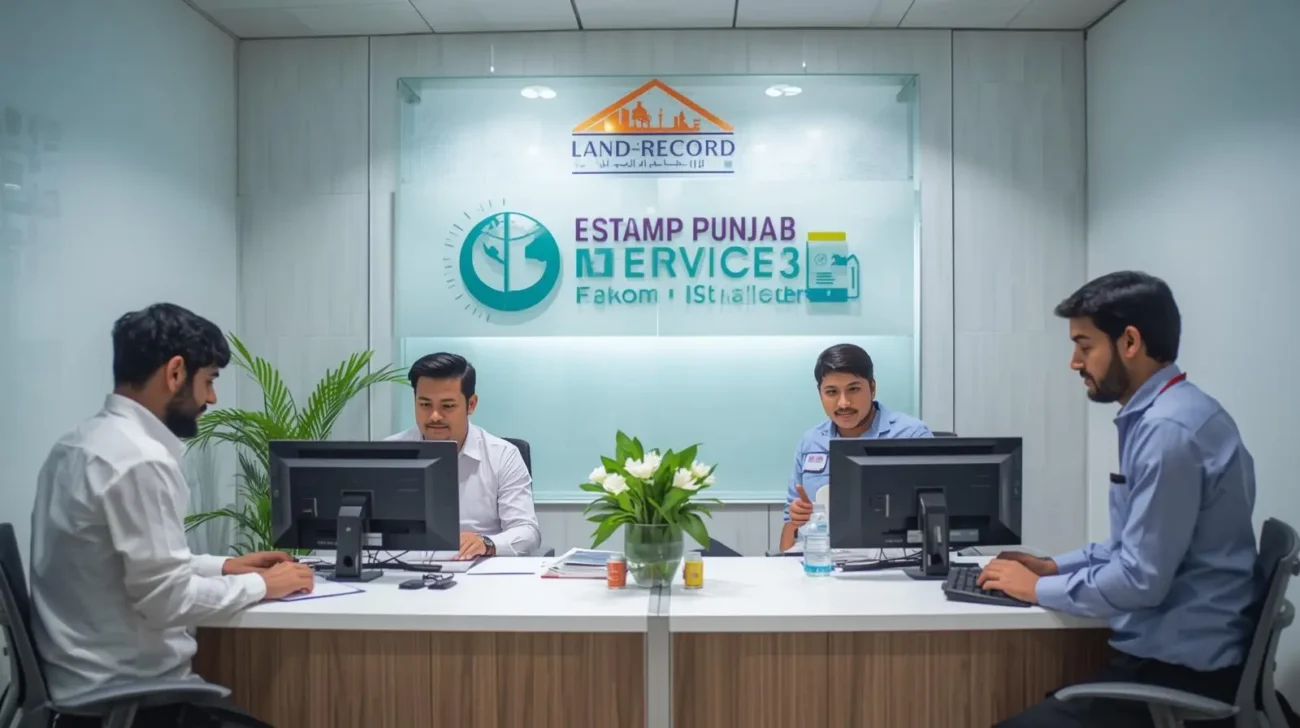Land ownership and tenure have always been central to the administrative mechanism of Pakistan. A government has been established to organize, update and manage property and agricultural land so that there are no disputes and land is transparent. Terms of Importance in This Context : One of the key terms in this respect is fard badar, which establishes the guarantee for ensuring appropriate land records in rural and urban areas. What fard e badar means, its importance, and how it operates in the Pakistani land management system, is important to know both for the property owner, buyer, the farmer, and even legal professionals.
What is Fard Badar?
Within Pakistan’s property system, Fard denotes an official ownership record, serving as a legal document that specifies the details of a particular land parcel. It is a certified copy of the land records in the revenue department. Barraj, a correction or amendment. Thus, fard badar is the procedure of making amendments or corrections in the prevailing land record. This is not a matter of creating new ownership rights, but of rectifying errors in bureaucratic paperwork so that the official files correspond with the facts on the ground.
Fard badar is primarily required when clerical errors, spelling mistakes and wrong entries are discovered in land records. Boundaries details, measurements and entry date is sometimes repeated during the land trade or bequest. The government has not been generating controversies in the guise of these errors, instead a proper process of rectifying them has been introduced in the form of fard e badar.
Its Significance in Point of Land Management
Land in Pakistan is an asset, yes, but it is also a means of livelihood, inheritance, long-term security. As land feuds are not rare such documentation is of great importance. This is where fard badar comes very handy. The legal trouble that can be caused if the official record reports a name mistake, incorrect child and size of land owned is not even worth thinking about.
A corrected document by fard badar means that:-
- The correct owner appears on government records.
- Subsequent property transfers still are binding in the eyes of the law.
- Farmers can receive loans and subsidies without being turned down because of record mistakes.
- The heirs can easily claim the inheritance and there are no unnecessary disputes.
So fard e badar is not a clerical correction but it is a barricade between PILF people they want to rip off the properties of people in Pakistan.

Fard Badar and Its Legal Framework
In Pakistan, land is administered by revenue departments of the different provinces. In Pakistan, the responsibility for maintaining and updating land records rests primarily with the Patwari, Tehsildar, and other revenue officers. Fard badar can be executed by a special legal provision that allows for correction of a defect without having to reissue an entitlement in toto.
Applicants often also have to make a written request to the relevant land record center for processing fard badar. The application may require supporting documents such as copies of CNICs, previous fard, inheritance certificates or court orders. Once verified, the revenue staff processes the correction and sends an updated record with the correct information.
The advent of digital land record systems in provinces such as Punjab has made fard e badar more transparent. Citizens can now go to any Arazi Record Center where staff has been digitally trained to modify records for 30 other authorized operations right on the spot in 1 day instead of the weeks in a paper-based mode of transaction.
Typical Reasons for Requesting Fard Badar
Various situations can lead to fard e badar in Pakistan. Rife problems including in owner’s name spelling, wrong description of father’s name, national identity card number entered mistakenly and wrong measurement of land. Occasionally, boundaries are misreported, or legacy listings persist even as a property has been transferred.
Another important reason is inheritance. When a landowner dies and heirs are shown through mutation, there is also the possibility of clerical errors during the typing of names or the distribution of shares. In these scenarios, the necessity of fard badar arises to establish correct heirs in government documents. Likewise, when land is bought and sold and small errors are discovered later, the process of rectification is used to prevent future conflicts.
The Process for Submitting Fard Badar
The method of fard e badar in Pakistan is simple, but it may differ slightly between provinces. Generally, the process involves:
- Application to local revenue office or Arazi Record Center.
- Annexing other documents in support of the clarification.
- Ownership information checking by revenue workers.
- Posting of answers in the public software.
- Issue with a corrected fardbadar showing up to date information.
The processing times vary depending on the complexity of the correction and the evidence submitted in support to the correction. In digital systems such as Punjab Land Records Authority, the transfer is faster, fair and transparent than those of manual systems in few other places.
Issues in the Fard Badar Runtime Method
While fard e badar is a significant service for landowners in Pakistan, there are various issues with its delivery. Corruption, delays and a lack of awareness frequently stand in the way. A high proportion of its citizens are either unaware of their right to demand fard badar who don’t have access to it and end up agreeing to false documents or losing unnecessary time in court fighting for it.
The second is the reluctance in some areas to embrace digital transformation. Punjab has made tall strides in reforming the land record but there remain challenges in provinces like Sindh and Balochistan in digitizing the land record 100 percent. In rural Pakistan the reliance on Patwaris often presents unnecessary obstacles as changes to records are put off for personal and financial reasons.
But with the rise of public education and governance reform, fard badar is gradually becoming available. Online platforms, complaint bureaus and legal aid clinics are assisting the citizens for explaining and asserting this right.

Technology in Fard Badar
The technology has revolutionized land management in Pakistan. The transformation from paper records to digital records limited human error and the possibility of manipulation. With fard e badar computerised entries corrections have become accountable and audit-able. Citizens can monitor their applications, curbing the potential for delays and corruption.
Transparency is improved with on-line record checking services and mobile applications. With the land owners now at the driver’s seat, they can for once verify if official records of their landholdings are in concurrence with the reality of the situation. This digitization is likely to enhance the authenticity of fard badar, leading to greater confidence in the land records.
Social and Economic Consequences of Fard Badar
Fard e badar pertains to more than paperwork. It affects the quality of people’s social and economic lives. Precise land records are essential for farmers, as they enable access to agricultural financing, state subsidies, and crop insurance schemes. Correct inheritance records eliminate family feuds. Buyers & investors so as to continue depending upon clean documentation for maintaining their interest in the properties offered as security.
A single mistake in land deed can result in a protracted legal battle, financial loss and sour relationship. By enabling errors to be rectified in an orderly manner, fard badar serves social equity, economic progress, and administrative order.
Conclusion
Land records are essential in Pakistan Land ownership in Pakistan is linked to its social status, security and inheritance (generational asset). The mechanism of fard e badar allows to rectify the documentation error by means of a transparent and authorized system. While corruption and delays and lack of awareness are challenges, reforms and digital moves are bringing greater access.
Fardbadar is a day and age solution for landlord’s, farmers, and heirs to keep their rights secure and refrain from disputes that may lead not lead them to death but sleepless nights and trons. With the ongoing modernization of land systems in Pakistan, fard badar grows in importance and is set to become a pillar of the system of transparent and fair land management in the country.


